How Dehydration Affects Your Spine And Back?
Poornima Dharurkar, Physiotherapist
March 9, 2023 | News

When someone mentions dehydration, thirst, dryness and fatigue come to mind. But back pain and spine problems are unexpected results of dehydration. Water is a significant component of bodily functions. The spine and back’s elements hold a surprising amount of water, and so a lack of water impacts their motion and your health. The following explanations give an overview of the connection between hydration and spinal health.
How dehydration affects your back links directly to its central structural column: the spine. Your spine is a vital element of your health that keeps your back intact. But hydration is a pivotal factor that impacts your spine. The makeup of your spine, the impact of movement and the way your body rehydrates all give insight into how your water input changes your ability to move with ease.
The spine is a column composed of discs, vertebrae and cartilage, and the primary purpose of this structure is to encase the spinal cord. The discs take the daily strain so the vertebrae do not grind together, providing flexibility. Each vertebra contains a cushioned portion of water. However, the discs lose and regain water regularly, which is a natural process.
As the discs undergo wear and tear, the water loss causes the discs to thin. Movements like jumping, running, walking and bending all take away some of the fluid in the spinal discs. The pressure from everyday activities leaches the water from the discs. Stress and pressure contribute to degeneration. One effect of the loss of water is a reduction in disc size and an inability to cushion like they once could and so the movements become difficult.
Disc Rehydration – For normal healthy bodies, the discs rehydrate during the night with the water you’ve consumed. This process is called intradiscal fluid exchange because it replaces the old fluids with new hydration. Discs are then plump and have their cushioning qualities again. They cyclically reabsorb as exertion happens and you replenish your system with water.
A good night’s sleep restores your flexibility, but when this degeneration occurs over the years, the gradual bulging results in herniated discs or other painful conditions.
Tips To Stay Hydrated
- Eat fruits and vegetables, because they also contain water.
- Keep your intake to 30 to 50 ounces or 1 to 1.5 liters each day.
- Gradually drink water throughout the day.
- Limit diuretics like coffee, tea, alcohol and sodas because they cause you to rapidly lose water.
- Drink more water when you exercise or if you are in a hot climate.
Recent post
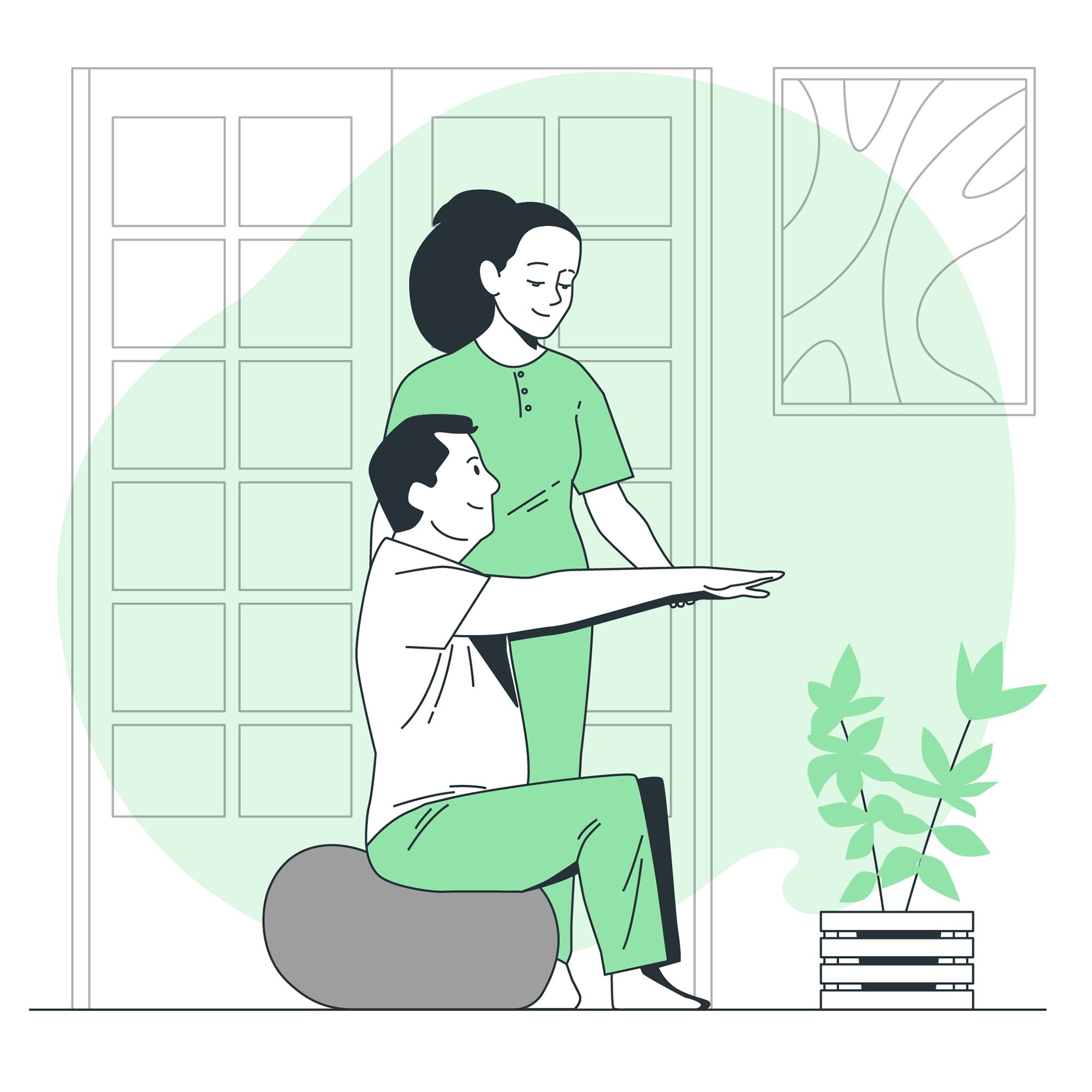
Healing After Surgery: How Physiotherapy Accelerates Recovery

Chiropractic vs Physiotherapy: What’s Best for Back Pain?

Spinal Decompression Therapy: A Non-Surgical Solution for Back Pain Relief

The impact of high heels on spinal health and alternatives

The Connection Between Posture and Mental Health
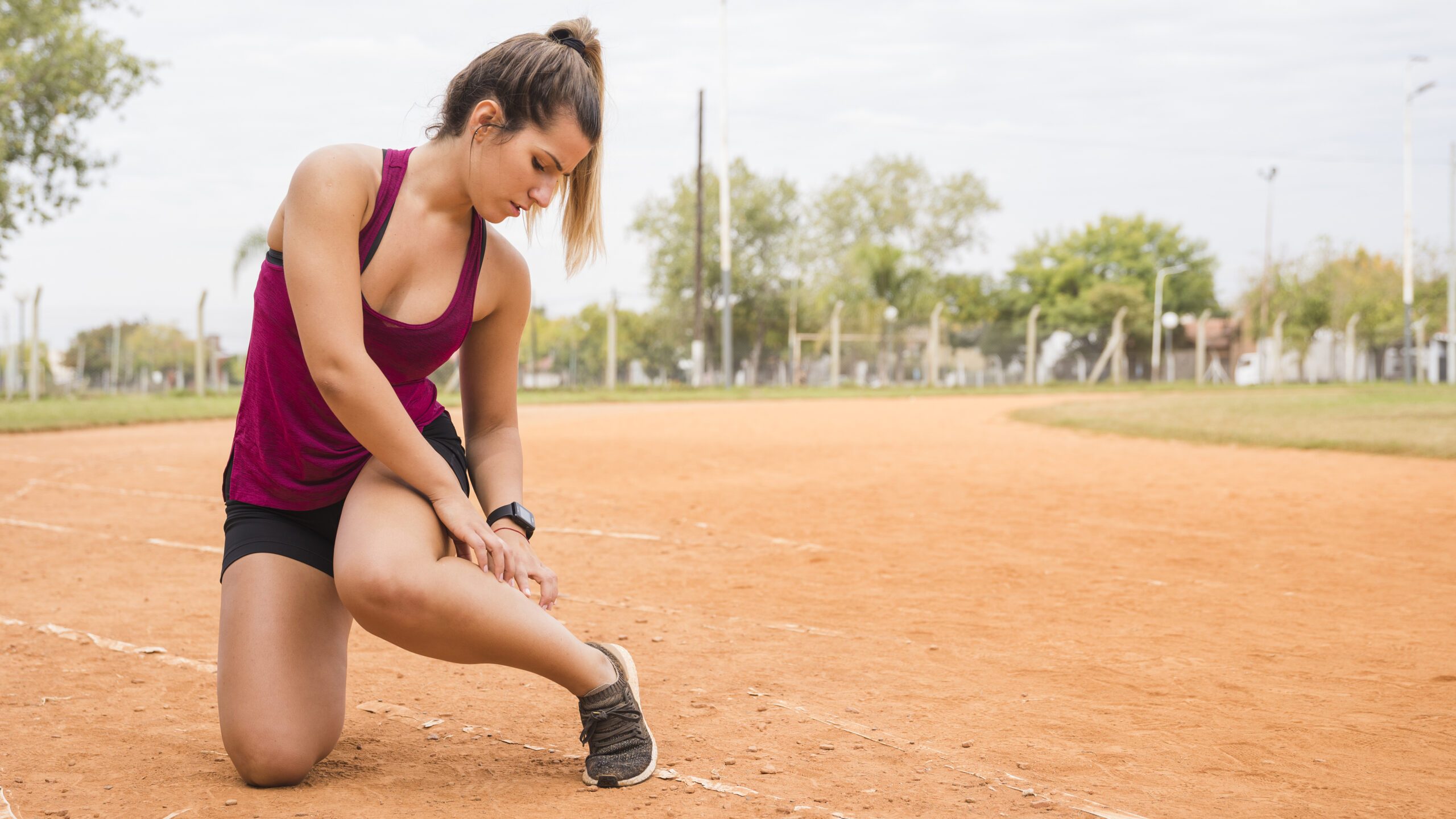
The Role of Chiropractic Care in Sports Injury Recovery
You may also like

Did you know? Pelvic floor dysfunction can cause low back pain!
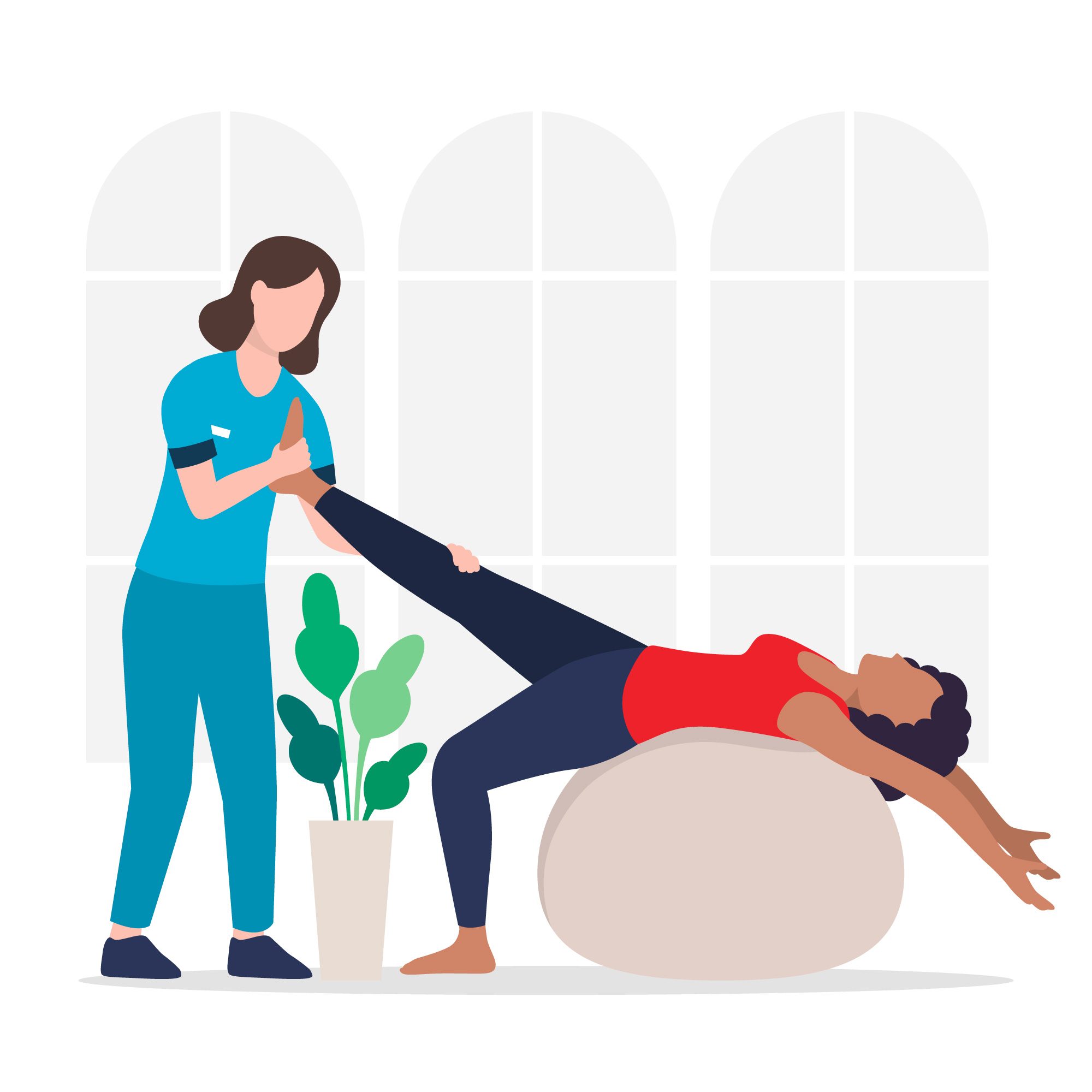
Why Combining Chiropractic and Physiotherapy is so Effective
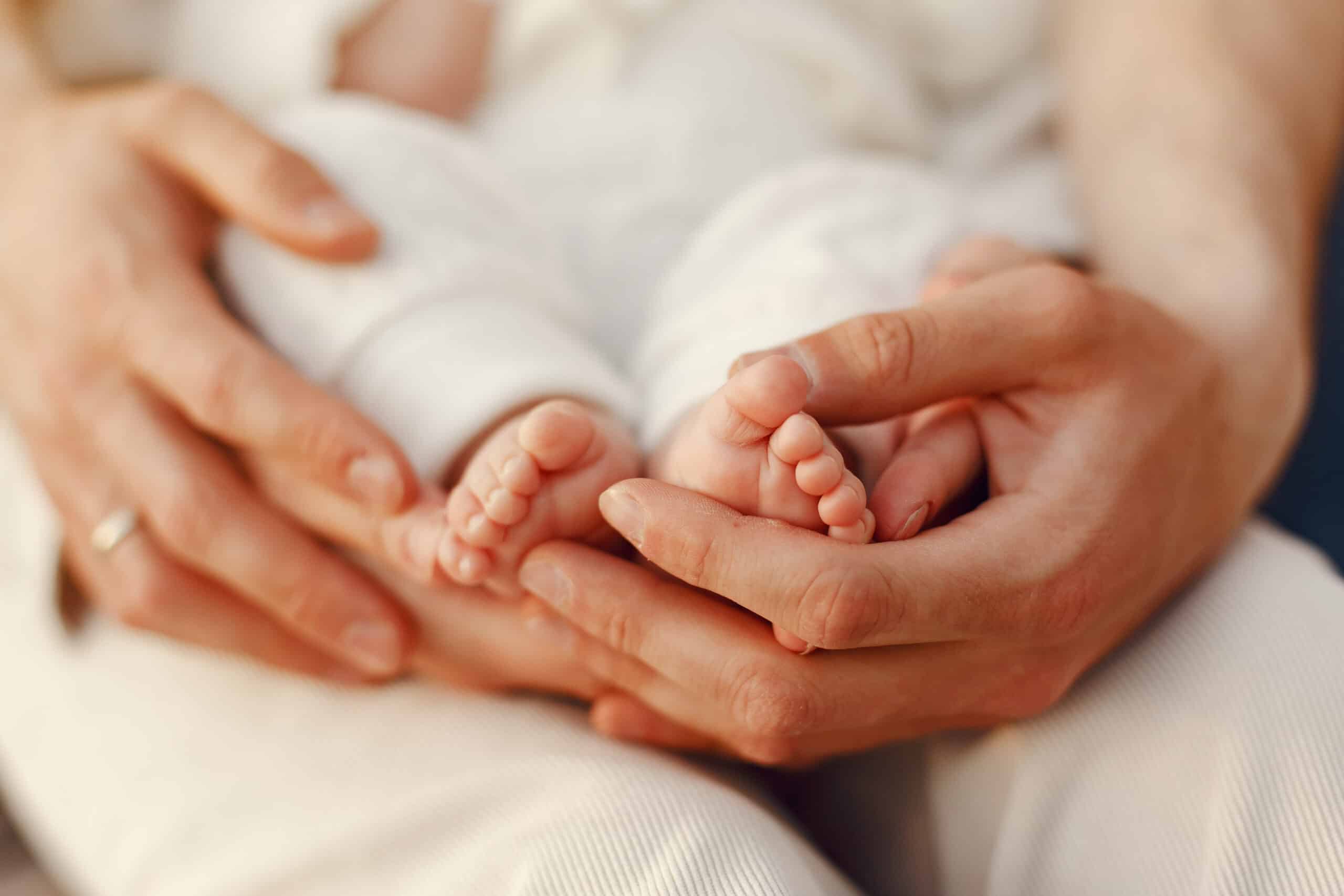
The Role of Physiotherapy in Pre and Post Natal Women

How Often Should I Visit a Chiropractor?

Autism and Chiropractic Care

Chiropractic vs Physiotherapy: What’s Best for Back Pain?
Recommended Posts

Lower Back Pain – Is it your Psoas (Hip flexor) muscle?
by
Elgin John, Physiotherapist
April 17, 2023

Reflecting on Post-Ramadan Wellness: Integrating Chiropractic Care
by
Dr. Imran Ali, DC MChiro
April 12, 2024
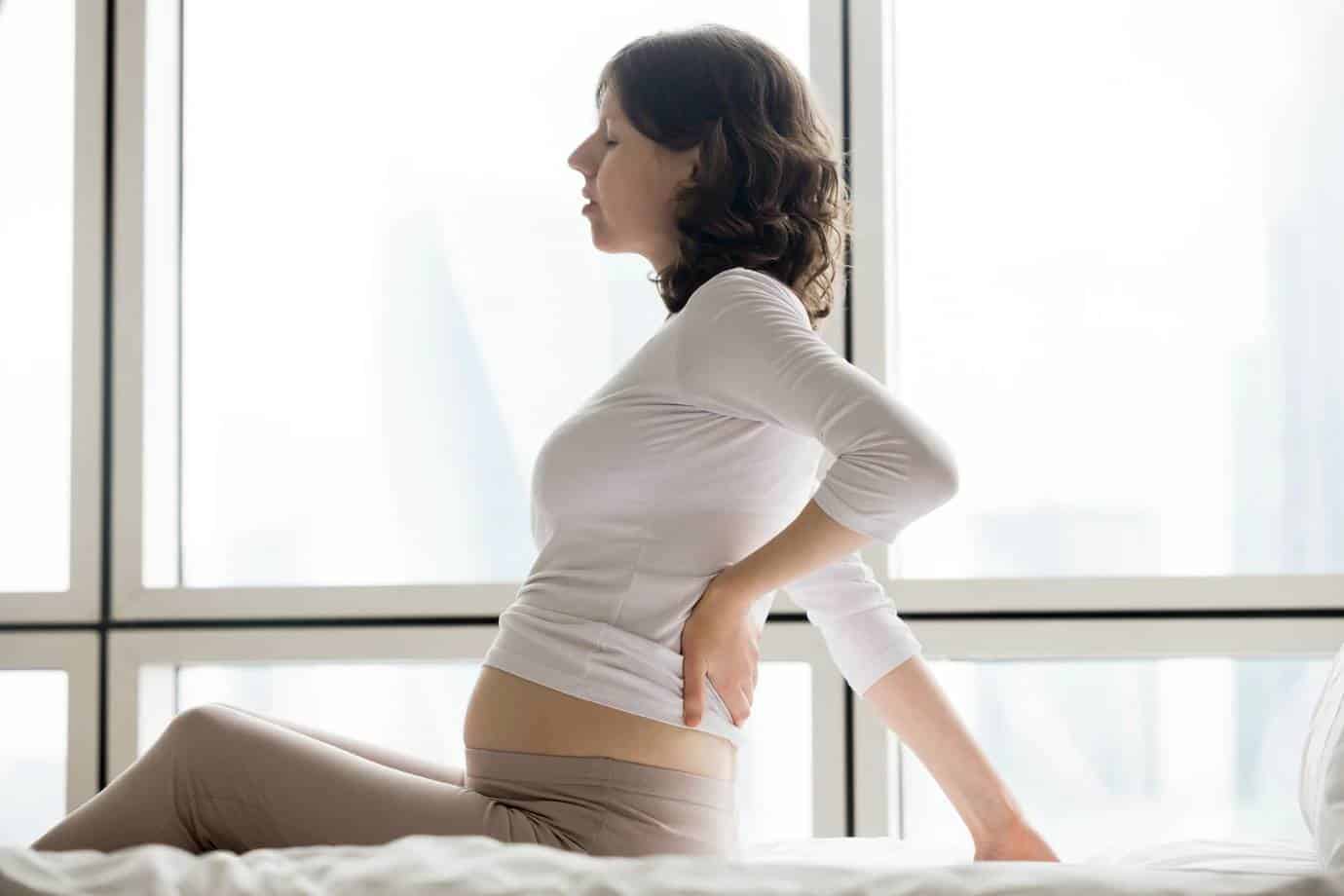
Should I see a chiropractor when I’m pregnant?
by
PureAdmin
October 28, 2022
